Best and worst foods for your teeth
Eat your way to a healthy smile with these smart diet tips.
Updated on May 15, 2023
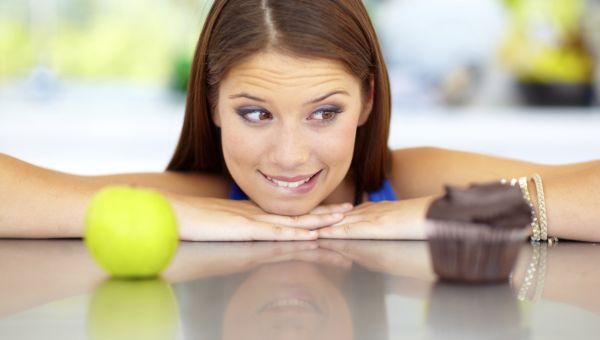
You brush twice a day, you floss daily (okay, almost daily), you see your dentist twice a year for checkups. Sounds like you're doing everything you can to keep your dental health in good shape, right? Not so fast. Turns out, the foods you're nibbling and the drinks you're sipping can often have a big impact—either negative or positive—on your oral health. We asked dental health experts Jerry Gordon, DDS, and Kimberly McFarland, DDS, to give us their picks for the best and worst foods for your mouth.
Medically reviewed in August 2019.
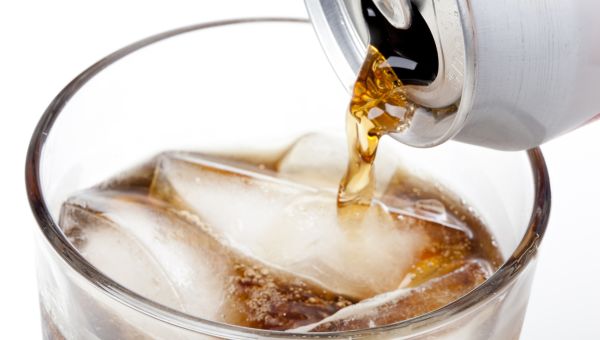
Worst: Soda (Even Diet Soda)
It's sort of a no-brainer that sugary soda is bad for your teeth (not to mention the rest of your body). But even if you cut calories and sugar by switching to diet soft drinks, you're still not doing your teeth any favors, says Dr. Kim McFarland of the University of Nebraska Medical Center College of Dentistry, in Lincoln. "The phosphoric and citric acid in all sodas, even the diet kinds, is very acidic and, over time, it can erode the enamel on your teeth, which makes them sensitive to hot and colds foods."
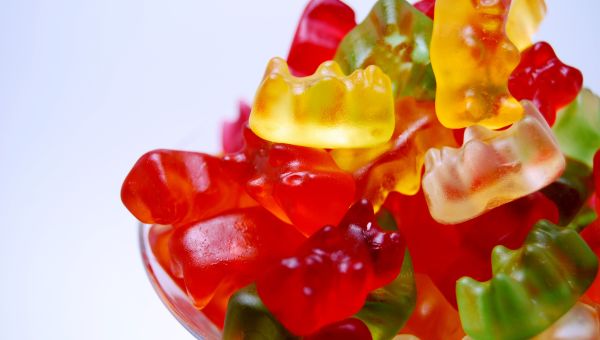
Worst: Gummy Bears
They're cute, they're colorful, and they're fun to eat. But gummy bears and other chewy candy also happen to be your teeth's worst nightmare, says Dr. Jerry Gordon, a dentist in private practice in Bensalem, Pennsylvania. "First of all, there's the high sugar content, which promotes tooth decay. But they also end up sticking to your teeth and are hard to remove, even after rinsing your mouth out with water," he says. And if all that wasn't bad enough, the tacky consistency of these candies means they can often loosen bridgework or old fillings.
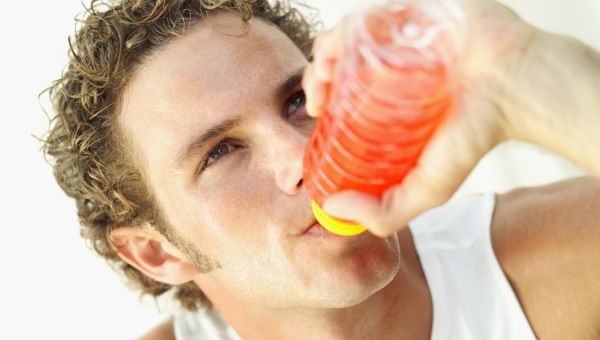
Worst: Sports Drinks
Not only are most sports beverages loaded with sugar, they're also highly acidic. "If you really like the taste of these drinks, you may feel the urge to swish it around in your mouth before you swallow, which is especially bad for your teeth," says Dr. McFarland. If you can't resist guzzling a sports drink after a hard workout, try using a straw so the sugary liquid bypasses your teeth as much as possible. It's also a good idea to brush afterwards, but not immediately (which can cause more damage). Rinse your mouth with water first and then wait about 30 minutes before brushing.
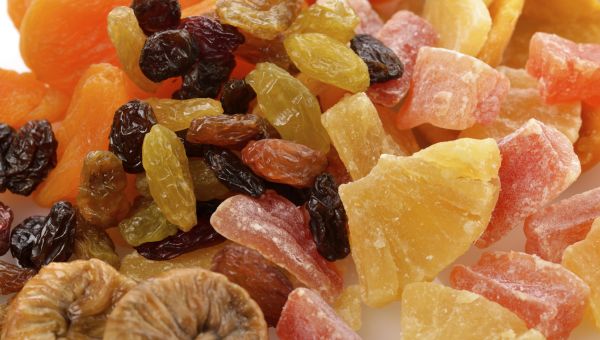
Worst: Dried Fruit
From a nutritional standpoint, fruit is a healthier choice than candy. But when it comes to cavities, dried fruits—such as raisins, prunes and cranberries—are just as bad for your teeth as caramels, taffy and other types of candy. That's because they're a concentrated source of sugar and they're super sticky, which means no matter how well you chew and swallow, little bits of dried fruit are bound to stick around and between your teeth, says Dr. McFarland.
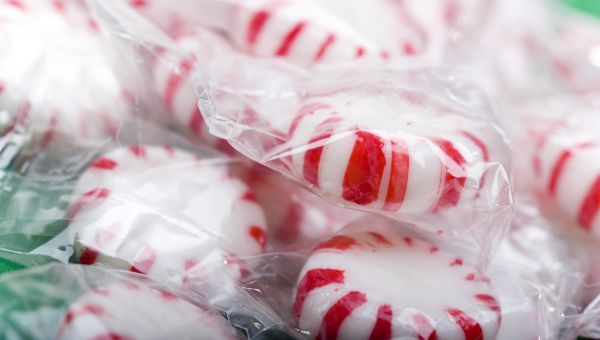
Worst: Hard Candy
If you're a sucker for those little dishes of peppermints that stores and restaurants love to put at the front register, we've got some bad news for you: Your teeth aren't loving it so much. "When you suck on hard candy, you're basically filling your mouth with a sugary fluid and constantly bathing your teeth in it," says Dr. McFarland. But immediately chomping down on the little sweet can be just as bad for your mouth, because you risk sheering off a part of your tooth or damaging crowns or other restoration work, says Dr. Gordon.
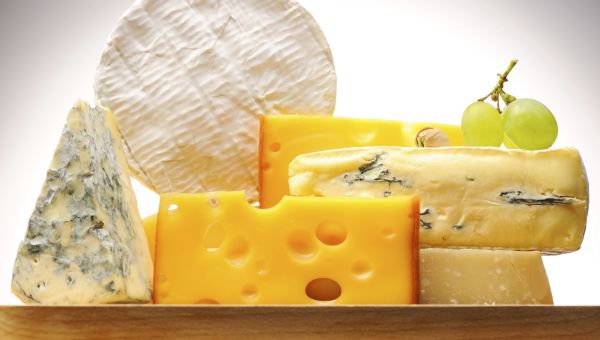
Best: Cheese
You know all those acidic foods that can change the pH balance of your mouth and lead to enamel erosion and sensitive teeth? What's so great about cheese is that the calcium and vitamin D in cheese are alkaline rather than acidic, and so they can help correct that pH balance. What's more, cheese also has antibacterial properties that can ward off tooth decay. "Brie, Swiss, cheddar, it doesn't seem to matter," says Dr. McFarland. "All different kinds of cheese appear to have the same effect."
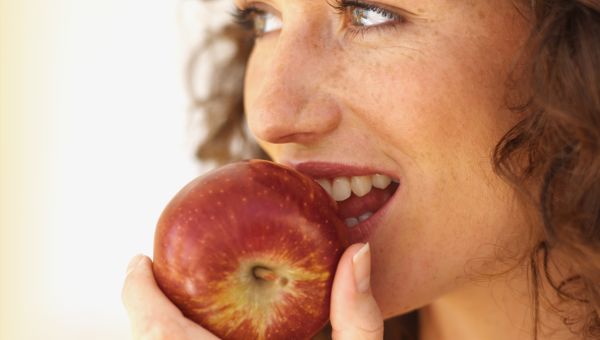
Best: Apples
Can an apple a day really keep the dentist away? Maybe. Apples and other fruits and vegetables that are high in fiber (like celery and carrots) are great for dental health because all those little bits of fiber act like tiny scrubbing brushes on your teeth, says Dr. Gordon. Keep in mind, however, that apples do contain sugar and so it's still a good idea to brush afterwards.
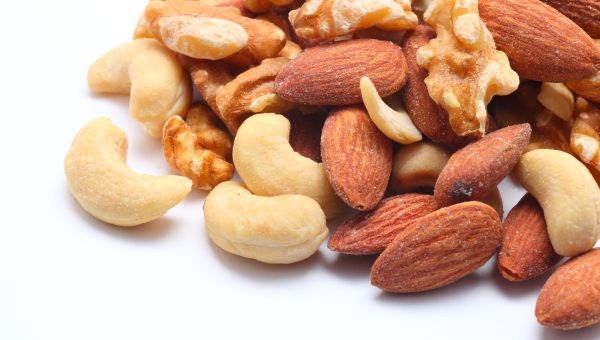
Best: Nuts
The list of things that nuts are good for just keeps getting longer and longer. "Nuts, but especially almonds and cashews, are really ideal for cleansing the mouth, and the calcium and vitamin D they contain helps restore your pH balance," says McFarland. One caveat: Never use your teeth to crack the shells of nuts, such as walnuts or peanuts. Best to leave that work to the nutcracker.
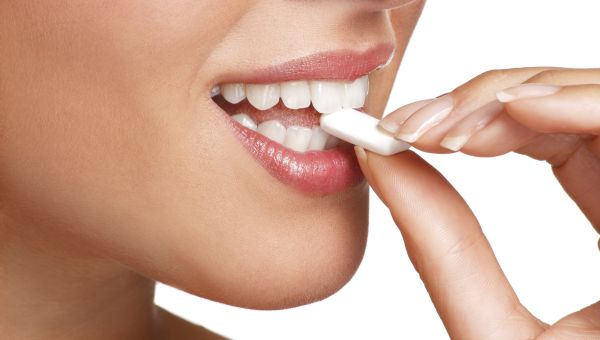
Best: Sugarless Gum
If you can't brush after a meal, chewing a stick of sugarless gum for 5 or 10 minutes is the next best thing because it stimulates saliva production and helps remove food particles from between your teeth. All types of sugarless gum work, but Dr. McFarland is a big fan of gum that contains the artificial sweetener Xylitol. "Xylitol doesn't just increase saliva flow; it also has helps kill bacteria in the mouth," she says. "It's not a good idea for small children because they tend to swallow it, but I recommend it for older children who are at risk for dental disease."
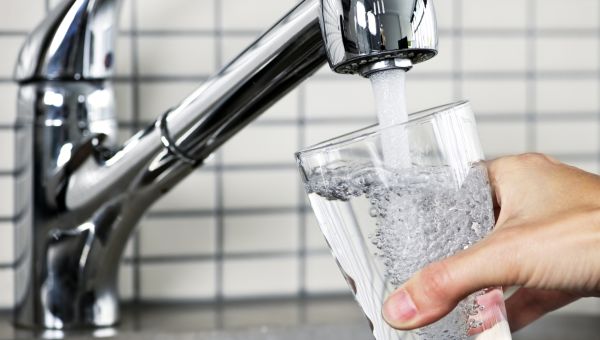
Best: Water
Water is the ideal beverage for keeping your teeth and gums at their best. First, it helps wash away food that gets stuck in and around teeth. H2O also helps increase moisture if you tend to get dry mouth (a common side effect of many medications). And if it contains fluoride (as most municipal waters do), it helps prevent cavities and tooth erosion. A 2013 study revealed that drinking fluoridated water as an adult can benefit your teeth, even if you didn't have access to fluoridated water as a child. "It's that constant exposure to the fluoride in the water that helps to remineralize the teeth," says Dr. McFarland.
More On


video
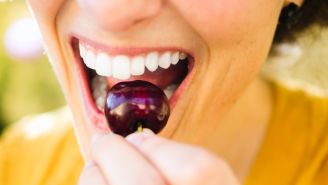
article

slideshow


video


video
